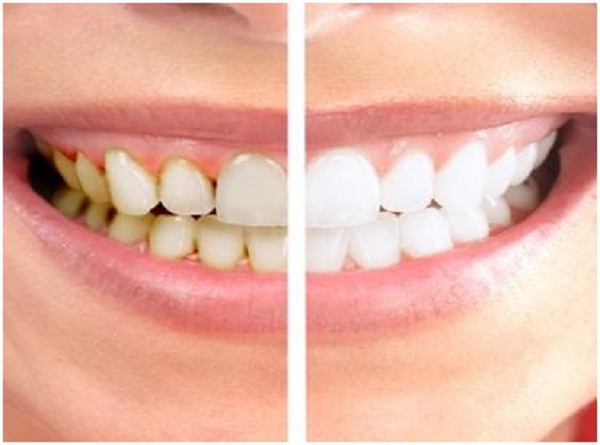Dental Cleanings
Dental Cleanings
The best possible way to avoid dental problems such as cavities, gum disease, dental pain and other emergencies is to prevent them in the first place. A great at-home oral hygiene routine, plus visits to see your dentist for regular check-ups and dental cleanings every 6 months is an unbeatable combination in prevention.
What are Regular Dental Cleanings?

Regular dental cleanings usually go hand in hand with a comprehensive oral exam or a regular (recall) evaluation. Once the exam has been completed, unless your dentist has diagnosed gum disease, the dentist or hygienist will perform a regular cleaning, or prophylaxis. For individuals with gum disease, your dentist will recommend a deep cleaning to treat the issue and allow your mouth to heal.
During the first part of your regular cleaning, your dental professional will use an ultrasonic scaler to remove debris, calculus, and plaque from between your teeth and around your gum line. If you need a break or experience any sensitivity, please let your dental professional know, so they can adjust settings to make you more comfortable. If needed, they may use a hand scaler as well.
When this portion of the cleaning is done, a hygienist or dental assistant will follow up with a polishing using a special paste, and will polish each tooth one by one. Afterwards, they will floss your teeth using dental floss, and may make recommendations or suggestions about proper flossing technique.
That’s all there is to it! One your cleaning is done, one of our staff members may follow up with you about any treatment the doctor recommended, and make any necessary follow up appointments.
Pediatric Dental Cleanings for Children
At Fresh Smiles Advanced Orthodontics and Dental Care Clinic Family Dental, we recommend that parents bring their children for oral exams and cleanings beginning at 12 months, and every 6 months after that. Bringing your child early and regularly is an important way to establish your child’s confidence and comfort during regular dental visits, and create a positive relationship with the dentist and staff.
Deep Cleanings (Scaling and Root Planing)
After your oral evaluation or check-up, your dentist may recommend a procedure called “scaling and root planing” in one or more quadrants, or quarters of your mouth, to address an issue with gum disease they have observed. Periodontal disease, or gum disease, is relatively common in adults, and is caused by bacteria that has collected under the gum line, causing irritation and inflammation. Gingivitis is the first stage of gum disease. Left untreated, gingivitis can progress to periodontitis, which can cause bone loss and even tooth loss.
Cost and Insurance Coverage for Regular Dental Cleaning
If you have dental insurance, your coverage often includes preventative care including regular exams regular dental cleanings. It is important to stay up to date with your insurance coverage. Our staff is happy to review your coverage with you to ensure you are maximizing your insurance benefits while minimizing any out of pocket expenses.
Frequently Asked Questions about Regular Dental Cleanings
Where can I get a Regular Dental Cleaning?
All Fresh Smiles Advanced Orthodontics and Dental Care Clinic Family Dental locations offer regular dental cleaning services.
What is the difference between a regular cleaning and a deep cleaning (Scaling and Root Planing)?
Scaling and Root Planing, also known as a deep cleaning, is very different from a regular cleaning. A regular cleaning focuses on the surfaces of the teeth and between teeth above the gum line. During a regular cleaning, the teeth are also polished. A deep cleaning, or scaling and root planing, is needed in order to remove bacteria, calculus (tartar), and debris that has collected under the gum line.
During a deep cleaning, your dentist or hygienist will typically numb area to be treated. Next, your dental professional will carefully work under the gum line to clean away the calculus and debris. After this, your dentist will carefully shape, or plane, the root of the tooth, to remove places where bacteria can collect in the future. Scaling and root planing requires post-treatment care, as well as follow up visits to ensure the treatment and home care techniques are successful.
